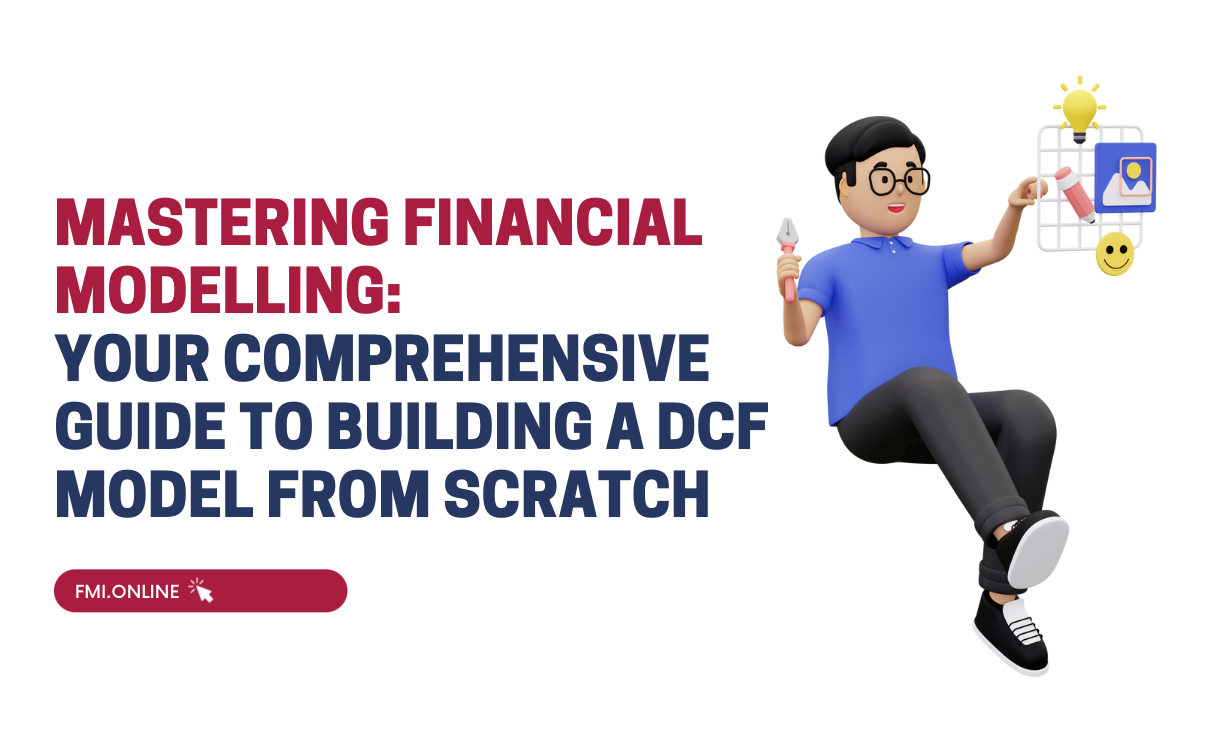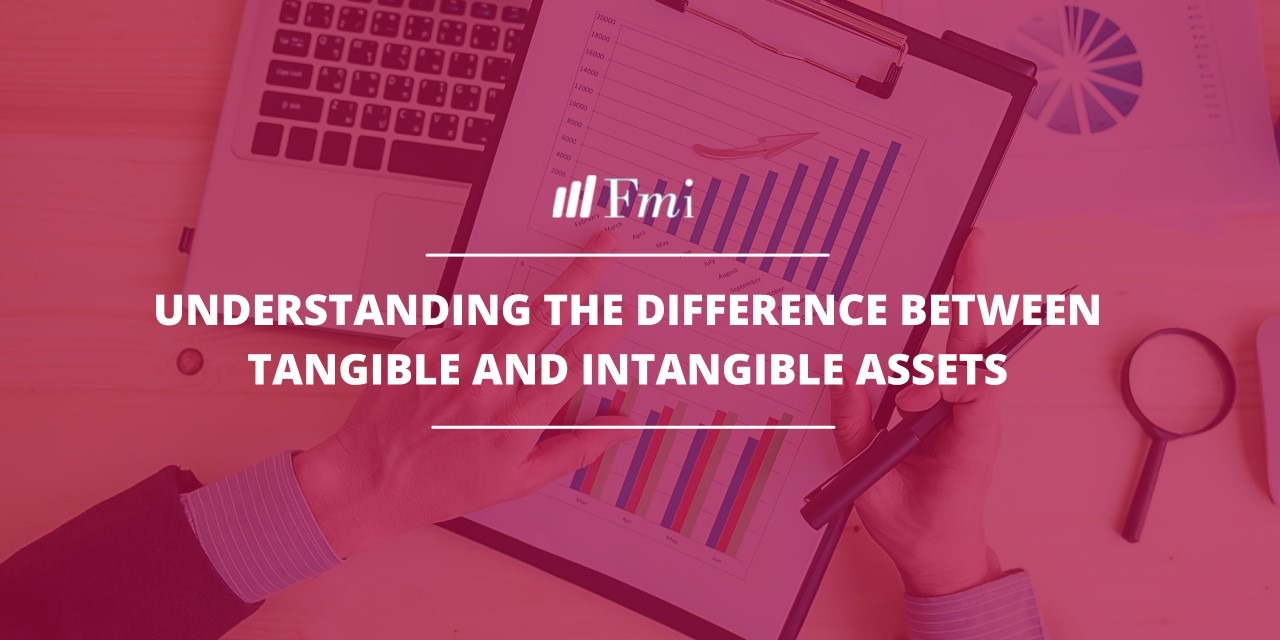A fund manager is an investment professional responsible for investing and managing a company’s portfolio of funds. This can include mutual funds, pensions, hedge funds, equity funds and so on.
Fund managers are typically classified as active or passive managers. Active managers are involved in buying, selling, and holding investments actively in order to outperform the fund’s stated benchmark or index. Passive managers, on the other hand, try to achieve the existing returns of the benchmark by applying the same weight to the funds they are managing.
The role of a fund manager is highly attractive and specialised. In terms of pay, similar to other investment banking professionals, it is a combination of base salary and bonuses. The base salary can range from $70,000 to $150,000 a year based on the position.
How you can become a fund manager
A fund manager must have certain technical and transferable skills to excel at their job. Their role is highly analytical and strategic, hence, requires sharp thinking, attention to detail, superior communication skills, and a focused approach. If you are looking to work in the investment banking industry and have an interest in capital markets, you can consider becoming a fund manager. Here are some skills and qualifications that can help you along the way:
1. A background in finance, mathematics, or economics
An education in finance, accounting, mathematics or economics can give you the requisite background and knowledge to work in the IB sector. While this is not specific to becoming a fund manager, it will create your foundation for working in this industry. If your undergraduate education is not in one of these fields, you can take introductory online courses in finance to build your knowledge base.
2. A knack for studying and tracking market trends
As a fund manager, you will constantly need to track your client’s or company’s portfolio. This will require you to keep your eyes and ears peeled for market trends. A lack of this can lead to missing key opportunities and ultimately losses for your client. If you’re a natural at this, then the role of a fund manager is totally cut out for you. Alternatively, you can also actively learn how markets work and participate in them through simulations. For example, through this Marketing Making simulation, you can compete for client orders, manage their portfolios and risk and set your own bid / ask spread.
3. Financial Modelling
When investing in equity funds, you may be able to garner lucrative returns for your clients. This will require that you closely track and analyse these funds and their trajectory. Financial modelling is an excellent tool to forecast the growth of funds in your portfolio. It can also help you track how a fund is performing, benchmarked to expectations. You can start by taking a basic course in financial modelling in Excel, where you will learn how to build and analyse core financial statements such as an income statement, balance sheet, and cash flows. The sooner you are able to start experimenting with this, the better your skills would get, helping you differentiate yourself as a fund manager with more advanced modelling.
4. A niche
Fund managers have multiple options to choose from in terms of both the funds and their investment strategy. Examples of funds are small-cap, midcap, large-cap funds, funds for emerging markets, balanced funds, sectoral funds, and pure equity funds. As an aspiring fund manager, you should direct your interest and time towards one or two categories of funds and advance your knowledge in those. This will help you become a specialist in the chosen niche.
Conclusion
If you’re looking to become a fund manager, you can gain significantly by starting early and regularly keeping pace with how markets operate. This is a highly skilled role, which requires special training and a financial analysis acumen. A finance or related education is highly recommended. Further,
- a real-time understanding of how markets function either through an internship or job or simulations,
- learning financial modelling, and
- choosing a niche can set you apart and prepare you well for the role of a fund manager.










 60+ hours
60+ hours 9 courses
9 courses



